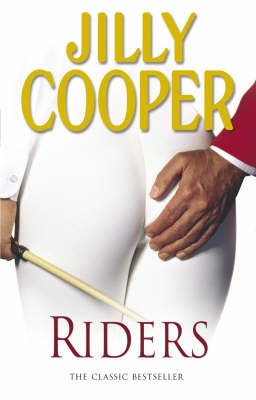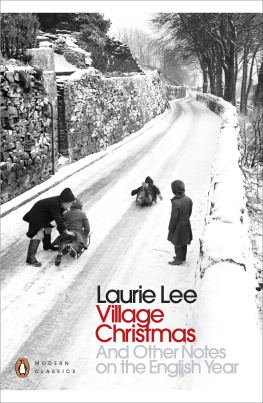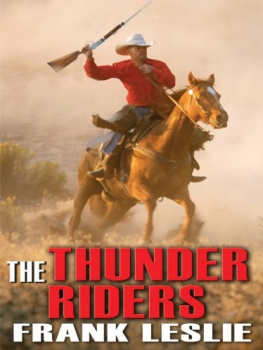The Glass Casket
by
McCormick Templeman
COME AWAY, O HUMAN CHILD!
TO THE WATERS AND THE WILD
WITH A FAERY, HAND IN HAND,
FOR THE WORLDS MORE FULL OF WEEPING THAN YOU CAN UNDERSTAND.
W. B. Yeats, The Stolen Child
ONE BLEAK MORNING in the eye of winter, five horses and five riders thundered into the remote mountain village of Nags End. Without ceremony or respect for local custom, they charged through the square and up the steep alpine trail that lay just beyond. Hazarding the rocky terrain, they weaved their way between snow-shrouded pines, climbing ever higher until they reached the icy plateau of Beggars Drifta place, it was said, that the Goddess had forsaken.
From the window of his fathers tavern, Tom Parstle saw them pass, and although they rode with great speed, he was certain he caught the seal of the kings guard upon their breastplates. Few people of interest, and surely none so interesting as the kings soldiers, had ever passed through Nags End, and in their wake, they left an aura of wondrous anticipation. For what could there be in such an isolated part of the forest to attract the attentions of the king?
Tom and his best friend, Rowan, were certain the arrival presaged the beginning of a marvelous adventure, but three days later, when the horses came surging down the mountain, barebacked and petrified, they knew that something had gone terribly wrong.
It was Tom who suggested the search party, and because Nags Enders were a noble folk, the kind of people who saw even strangers as their brethren, volunteers gathered in earnest. After bidding farewell to his mother and to Rowan, Tom joined his fellows as they made the trek up to the forsaken place.
The higher they climbed, the more his lungs seemed to resist the harshness of the icy air, and when they neared their destination, Tom marveled at the fierceness of the tumbling snow. If the weather in Beggars Drift was this brutal when the village below was calm, what must it have been like in the preceding days, when Nags End had been hit with a gale the likes of which they hadnt seen for nearly a decade?
It must have been death up here, his brother, Jude, whispered, as if speaking Toms thoughts.
When they reached the plateau, Tom peered through the snowy haze to the bones of the camp stretched out in the distance. There was no movement, no sign of life, and yet Tom felt there was a strange pressure in the atmospherea charged energy that made him feel as if hed walked onto the scene of a massive celebration only moments after it had suddenly and inexplicably ceased.
As they approached, Tom saw something that astonished him. At the far end of the camp rose an enormous pile of wood, shattered and splintered as if heaved up half-digested from within the bowels of the earth. The monstrosity stood three men high and twenty men wide, and whatever its purpose might have been was lost on Tom.
What in the name , Tom whispered, and started toward it, but then Jude grabbed his arm and pointed toward something in the near distance. One of the tents had been destroyed, a gash torn in its side, its rent fabric snapping in the wind. Upon seeing it, the men froze. Toms father, Wilhelm Parstle, held up a hand to the others, but Tom and Jude broke into a run, as is the wont of teenage boys, toward the danger instead of away from it, and the others followed.
Tom reached the tent before his brother did, and when he stepped inside, his heart grew cold. The scene was utterly commonplace, and that in itself was unnerving. A flagon of wine stood on the table next to a half-filled mug of the same. A heavy coat lay on the cot, folded and ready to wear. The side of the tent had been mangled, and snow had swept in through the tear, marking time with its presence, but had it not been for that, Tom might have expected someone to return at any moment, finish his wine, and put on his winter gear before heading out for his day.
Tom jumped when he felt a hand on his shoulder, but he turned to find it was only his brother.
Over there, Jude said, pointing to a journal that lay open on the table, a pen set neatly beside it.
Leaning down, Tom brushed the dusting of snow from its pages to find two words scratched below:
Its starting.
* * *
Down in the village, Rowan Rose stepped out into the afternoon light. Shed been hard at work on her translations all morning, and she needed to clear her head. Wrapping her cloak around her, she lifted her face to the sky, delighting as the falling snow kissed her cheeks. Nags End got its fair share of weather, and while she might enjoy the wildness of summer and the quiet brooding of fall, she preferred the ethereal beauty of winter.
Rowan lived with her father and her housemaid, Emily, at the edge of the forest in a two-story stone cottage. Theirs was the only home in Nags End with a gate surrounding it, and a thicket of thorns beyond that. But inside their yard was a beautiful garden, the crowning glory of which were twin rose trees that framed the front door, one bearing red roses, the other white. It was rumored that Rowans mother had planted them, but no one could say for certain. Rowan had never known her mother. Shed died in childbirthtaken by the fairies, some used to whisperbut Rowan liked to imagine her mothers long, smooth fingers moving through the dirt, placing the seeds in the earth and nurturing the sprouts through sapling-hood.
Reaching out to touch the naked branches, she thought how beautiful they would look when the snow melted and the rich buds burst forth. Lifting her sapphire skirts, she made her way along the garden path and stared out into the forest beyond. A bird lit on the stone wall, and Rowan smiled at its beauty. It was a bluebirda rare thing in winter, when Nags End seemed the exclusive domain of the large black crows that swept through the sky like terrible sirens.
Behind her, the front door opened, and Rowan spun to see her father emerging. Carrying a pile of books close to his chest, he moved briskly, his white-blond hair falling over his eyes. He looked worried, and when he saw his daughter lingering by the wrought-iron gate, he gave a start.
I thought you were working, he said, a note of hesitation in his voice. Glad to see youre taking the air. The life of the mind can lead to weakness of body.
Ive already had a morning walk, she said. I went over to see Tom off before they left on their expedition.
Her father shook his head. That search party is premature. Youll see, theyll find those soldiers hard at work up there, and then theyll feel the fools for wasting a full day on such a trek.
Father, Rowan said, suddenly remembering the travelers who came to the door last night. Who were they?
There had been something about the trio that had riled her father, and even now, books pressed against his chest, he seemed more of a nervous schoolboy than the respected scholar he was.
He bit his lip and averted his eyes. Yes, Ive been meaning to speak with you about that, he said. I rarely ask anything of you, you know that, but Im making a request of you now. Do you understand?
Taken aback by the intensity of his words, she nodded.
Those people are dangerous, Rowan, and you are not, under any circumstances, to speak with them.
Rowan shuddered. Dangerous?
Her mind drifted back to the family of three that had appeared at their garden gates as if players in some distant dream. They were not from the mountain provinces; that was immediately clear. They wore bright colors and spoke with a strange accent that reminded Rowan of what it must sound like to hear the crash of the sea upon the shore. The man and woman were tall, and Rowan could not see much of them under their cloaks, but the third traveler was a girl who had thrown back her hood and stood gazing up at the sky, exposing the whole of her face to Rowans eager eyes.







